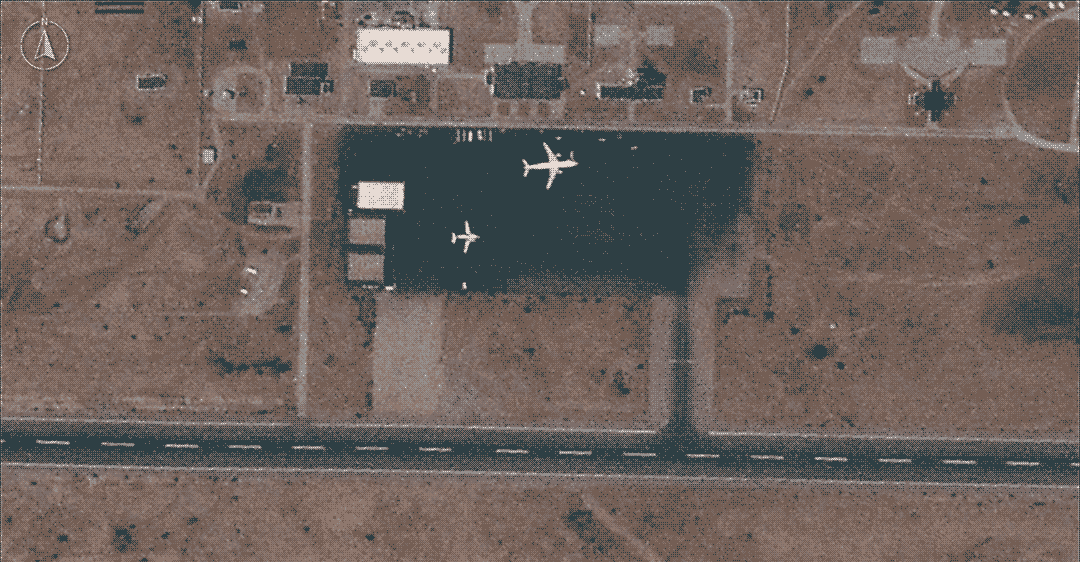ADF STAFF
In Sudan’s ongoing civil war, the United Arab Emirates is facing increased scrutiny over its role in arming the Rapid Support Forces.
Since the war began in 2023, United Nations experts and other official sources have cited “credible allegations” of large transfers of weapons and military supplies from the UAE to two of Sudan’s neighbors to the east, Libya and Chad. Observers say these arms are being shipped across the border and are fueling war in Sudan. The Sudan Armed Forces said it has recovered ammunition, vehicles and weapons systems of UAE-origin in the hands of the RSF.
“What is required is for the UAE to stop supplying the militia with weapons and mercenaries and to direct it to lay down its arms, and then peace will be achieved,” the government of Sudan said in a December 28 statement.
According to flight data and satellite images, dozens of cargo planes — at least 86 flights — from the UAE have landed at a small airstrip in Amdjarass, Chad, about 50 kilometers from the Sudan border. Some U.N. experts and diplomats suspect the airstrip is one of the UAE’s methods of funneling arms across the border into the conflict.
A U.N. investigator was among the three weapons experts who told Reuters that stacks of crates seen in unreleased video footage from Amdjarass were unlikely to be carrying humanitarian aid. Some of the crates were labeled with UAE flags. The contents were “highly probably ammunition or weapons, based on the design and colour of boxes,” he said, adding that the long and thin proportions of cases on one of the pallets indicate they were likely to contain weapons.
Justin Lynch, lead analyst at the Sudan Conflict Observatory monitoring platform, reviewed Reuters’ analysis of the flights into Amdjarass.
“Logistics win wars, and the UAE has used this plane network to consistently facilitate weapons to the RSF,” he said. “UAE-supplied weapons to the RSF have altered the balance of power in Sudan’s conflict, prolonged the war and increased civilian casualties.”
The UAE has denied supplying arms to the RSF, claiming it has sent 159 relief flights with more than 10,000 metric tons of food and medical aid to Sudan via the Amdjarass airstrip. More recently, the UAE reportedly said it will not “transfer any weapons to the RSF … going forward.”
The war between the RSF and the Sudan Armed Forces has devastated the country. More than 20,000 people have been killed, around 9 million have fled their homes and around 25 million — nearly half of the population of Sudan — are in dire need of humanitarian aid.
Gold has been a key driver, allowing both sides to fuel the war. The UAE is a primary beneficiary, as it has become a hub for laundering trafficked gold into the global market and receives nearly all the gold smuggled from Sudan.
“Analysts and experts following the conflict say that even if the war’s foreign sponsors ceased support, the gold trade is so lucrative that the Sudanese warring parties could finance the conflict themselves,” Istanbul-based journalist Khalil Yusuf Charles wrote in an opinion piece for the Middle East Monitor news website on December 23. “This is a prime example of the fog of war, alliances and counter-alliances fueling the conflict for their interest and filling the coffers of both parties as Sudan burns.”


